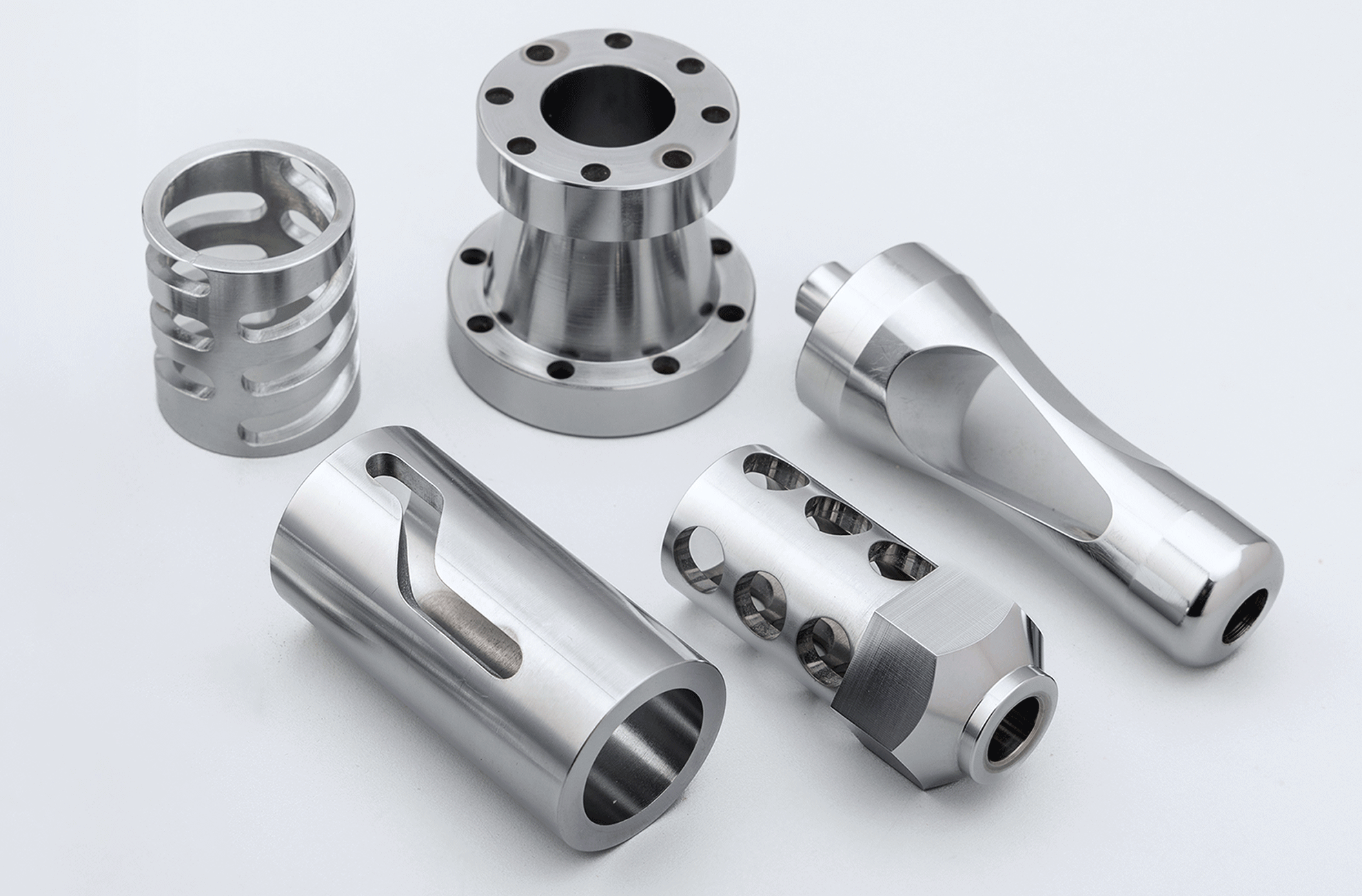News from Spanflug. Stay informed.
Get all the news about our digital manufacturing platform, our software solutions and Spanflug as a company. You also find our press releases and blog articles on this page. Subscribe to our newsletter to receive all updates straight to your inbox about once a month.



